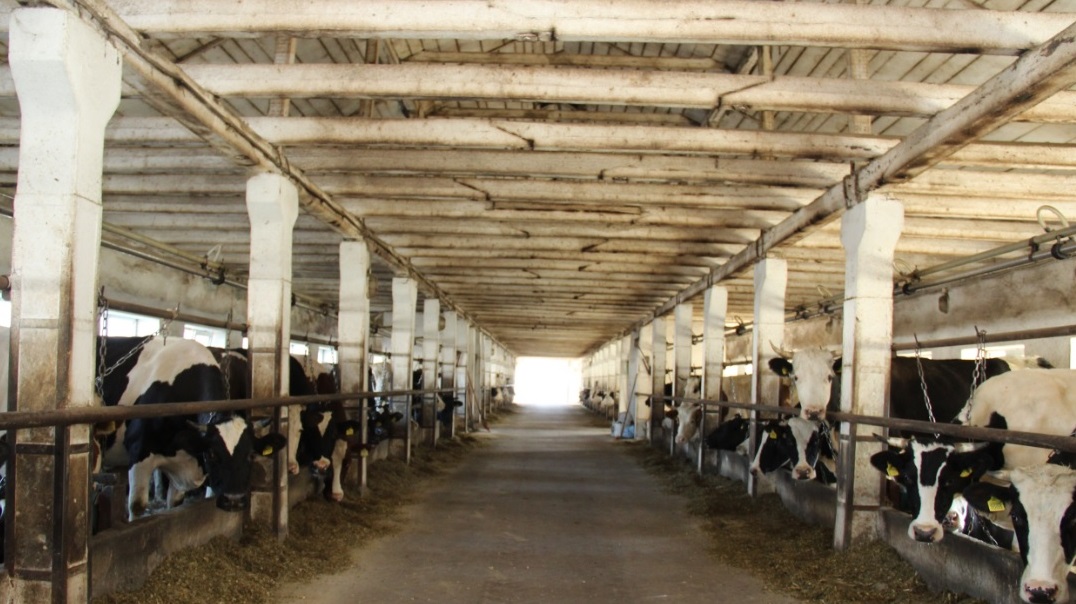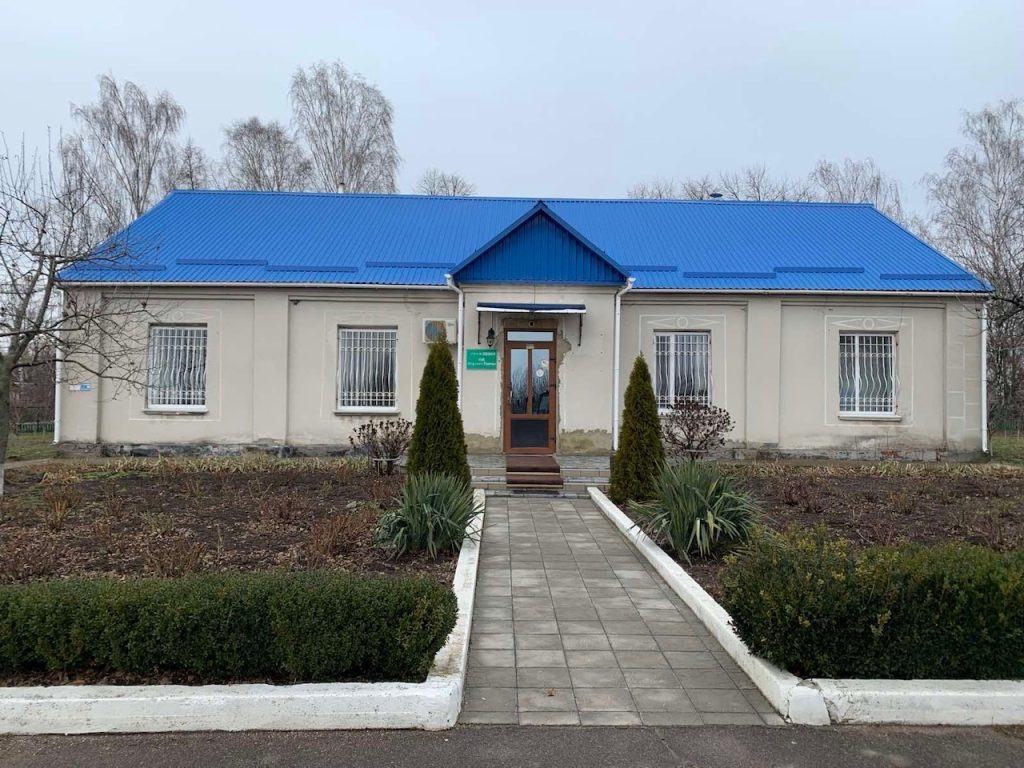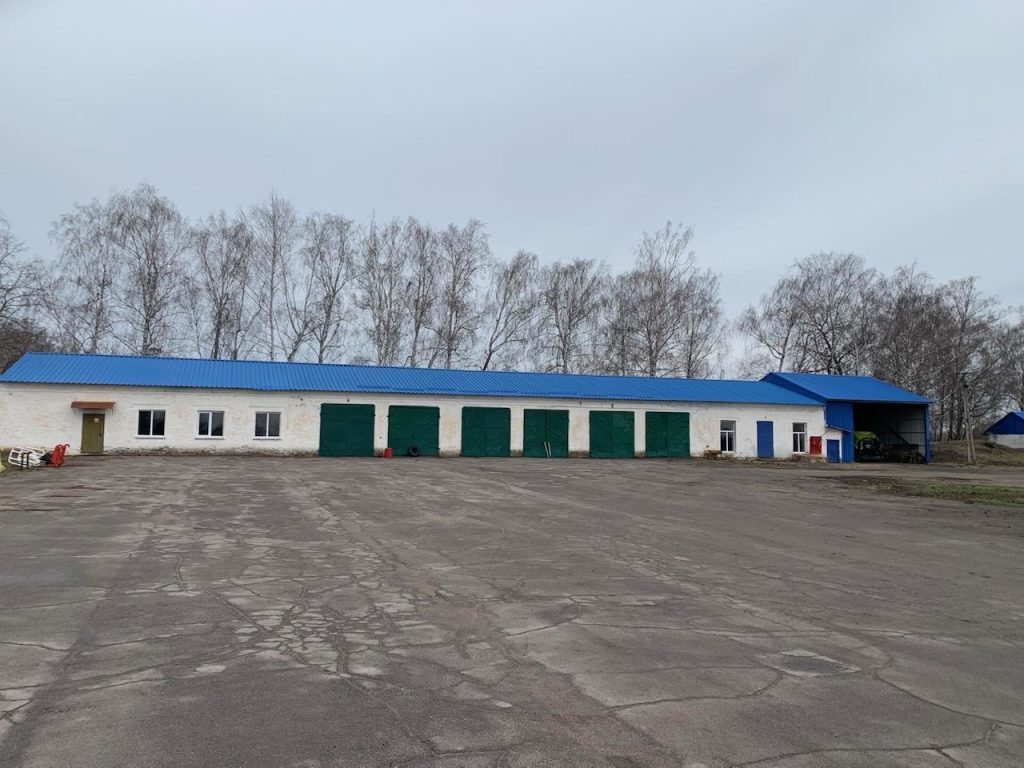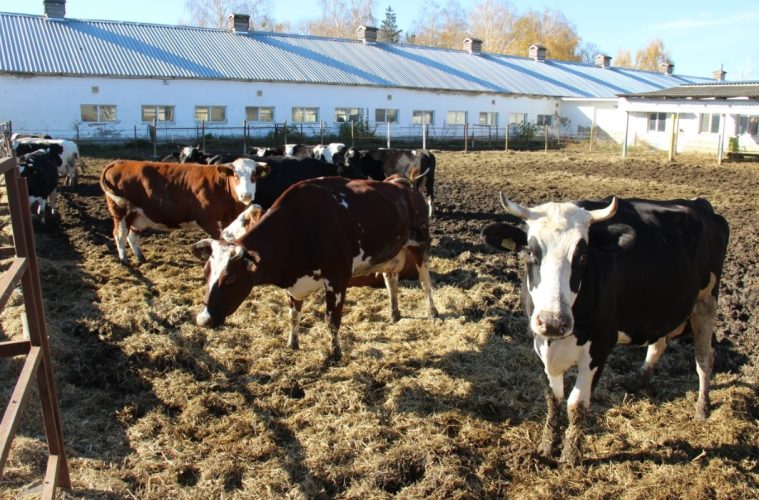On the grain markets, Ukraine remains an export giant. This year, it produced 65 million tons of grains and will export 33 million tons. The war with Russia no longer impacts the functioning of global grain markets. However, they still rely on Ukraine to operate. But on the farms, finances are in the red. Farmgate prices don’t cover production costs. Some employees are mobilized, and the upcoming land reform is a concern.
A Full-Fledged Trading Partner of the EU
“Ukraine is a candidate for the European Union,” rejoices Oleksandr Pidlubniy. “The accession process will be long. So, I don’t expect anything particularly positive in the near future.”
However, since 2022, Ukraine has been a full trading partner of the Twenty-Seven. It tops the list of grain suppliers, excluding durum wheat as it doesn’t produce it. On December 4th last year, 7 million tons were already exported.
In the European Union, the world’s leading maize importer (24 million tons), Ukraine offers a cost-effective sourcing opportunity. The Twenty-Seven only produce 60 million tons, with France at 12 million tons.
Nevertheless, Ukraine’s leading position in agricultural markets hasn’t benefited farmers since the country entered conflict with Russia. In the Uman region, Arthur (pseudonym), founder of a 3,500-hectare farm spread across multiple sites, has learned to live with the war. He and his employees have everything they need to cultivate their land, but inputs are expensive to purchase. Consequently, Arthur operates at a loss, although he manages to sell his crops.
Since cereal prices collapsed in the Ukrainian market at the start of the war – rendering commercial transactions nearly impossible – they’ve hardly recovered. Millions of Ukrainians have left the country, and those who stayed have seen their purchasing power dwindle. Food prices have risen sharply.
Meanwhile, global cereal and oilseed prices reached record highs. As a result, farmers didn’t benefit from high grain prices in 2022. Logistic, intermediary, and insurance costs are borne by farmers who purchase tons of grain at low prices.

Yvan Melnyk’s farm stable
Land Reform: A Time Bomb
However, on their farms, directors stand firm. Production is their battle to lead their country to victory. Grain sales provide the necessary currency to finance part of the war effort. Over the months, the reorganization of the Ukrainian domestic market has benefited grain producers. Wheat farmgate prices are improving.
Oilseed productions (soybeans, rapeseed, sunflower) have always sold much better. Their crops are highly profitable. Additionally, sugar refineries approach grain producers to launch or expand their highly rewarding sugar beet productions. Since the Ukrainian sugar market has shrunk, Ukraine has become a sugar exporter. It plans to sell 700,000 tons to the European Union this year and a million tons next year.
French beet growers fear this competition. Ukrainian agricultural regulation is very permissive. GMOs, neonicotinoids (seed-coated insecticide), and glyphosate are allowed.

In Buky, in the Uman region, the historical headquarters of Yvan Melnyk’s enterprise
Which farmer hasn’t borrowed to offset losses! Banks grant entrepreneurs loans at subsidized rates to keep their farm accounts afloat. But the war persists. Consequently, bank financing is drying up!
On farms, entrepreneurs engaged in wartime economics have frozen all investment projects. Arthur no longer updates his machinery fleet (tractors, plows), and Yvan has abandoned plans to modernize the stables for his 180 cows built during the Soviet era. He also intended to install solar panels on their roof.
Before the war, Ukrainian agriculture embarked on a vast modernization campaign. In 2010 and 2011, the surge in cereal prices provided agricultural entrepreneurs with the financial means to invest.
Today, their project is not to sink because they know they won’t receive any public assistance. But the long-prepared land reform by the government could annihilate all their efforts. In Ukraine, there is no land market. Agricultural entrepreneurs only own about ten hectares. Almost all land is leased for approximately €150 per hectare, a figure comparable to France.
“In Buky, our company leases land to individuals and some of our employees,” explains Oleksandr Pidlubniy. “They received them during the privatization of the Kolkhozes, after the collapse of the USSR, or inherited them from parents or relatives who benefited from this land redistribution.”
After two years of war, “farmers don’t have the financial means to cope with the land reform that the government is preparing to launch next year,” recalls the UAC, the Ukrainian Agro Consult, the agricultural union. Its implementation was initially planned for 2022. Hundreds of thousands of hectares could be put up for sale.

Buildings of the former Buky collective farm built during the Soviet era
In the Kiev region, Yevhen (pseudonym) declares: “I am very concerned about the possibility of putting agricultural land up for sale,” he explains in a statement distributed by the UAC. “They will only be purchasable by those who have money, namely corrupt officials and citizens of other countries. Each can own up to 10,000 hectares. And at the same time, farmers without money, who work this land, will not be able to acquire it. Therefore, a moratorium is necessary… for the duration of martial law.”
Farmers who have gone to fight to defend their country fear seeing the land they leased before the war slip away from them, returning to their farm diminished by several hectares.
“I am totally opposed to putting land up for sale!” In the UAC statement, Oleksandr Mohylevtsev, a farmer and owner of a farm in the Zaporizhzhia region, now occupied by Russia, reports that his farm was “nationalized” and pillaged. “And after being a prisoner of war of the Russian army and then released, I enlisted in the ranks of the Ukrainian armed forces at the beginning of last year,” Oleksandr explains. “Today, farmers stand firm because they believe in victory and in a Ukraine without corruption. Many are risking their lives fighting in the armed forces. Some have even died.”
According to the entrepreneur engaged in the military, Volodymyr Zelensky, the President of Ukraine, must listen to farmers and find a solution to provide the necessary resources for the agricultural sector to develop without resorting to the world of finance. But war is costly!




